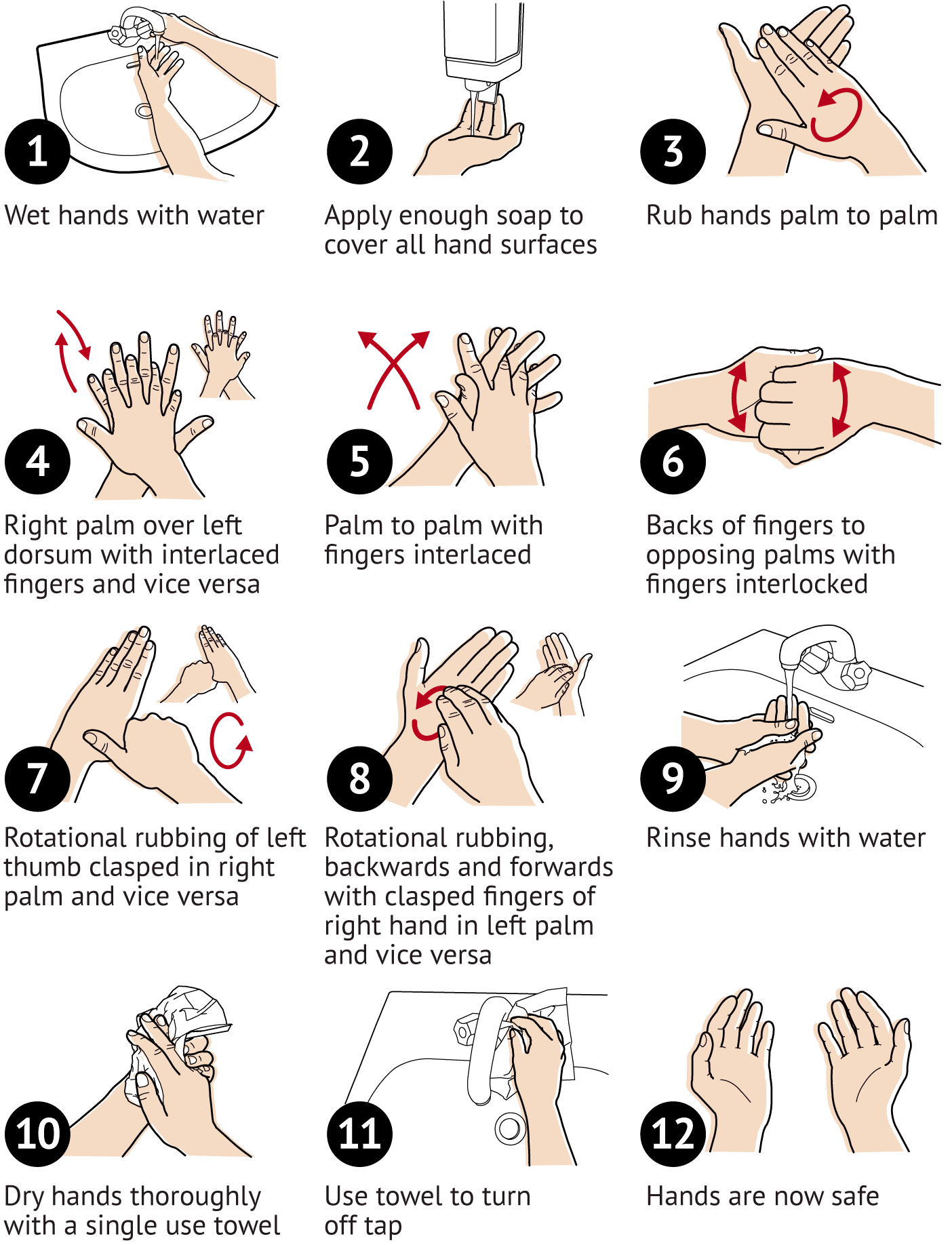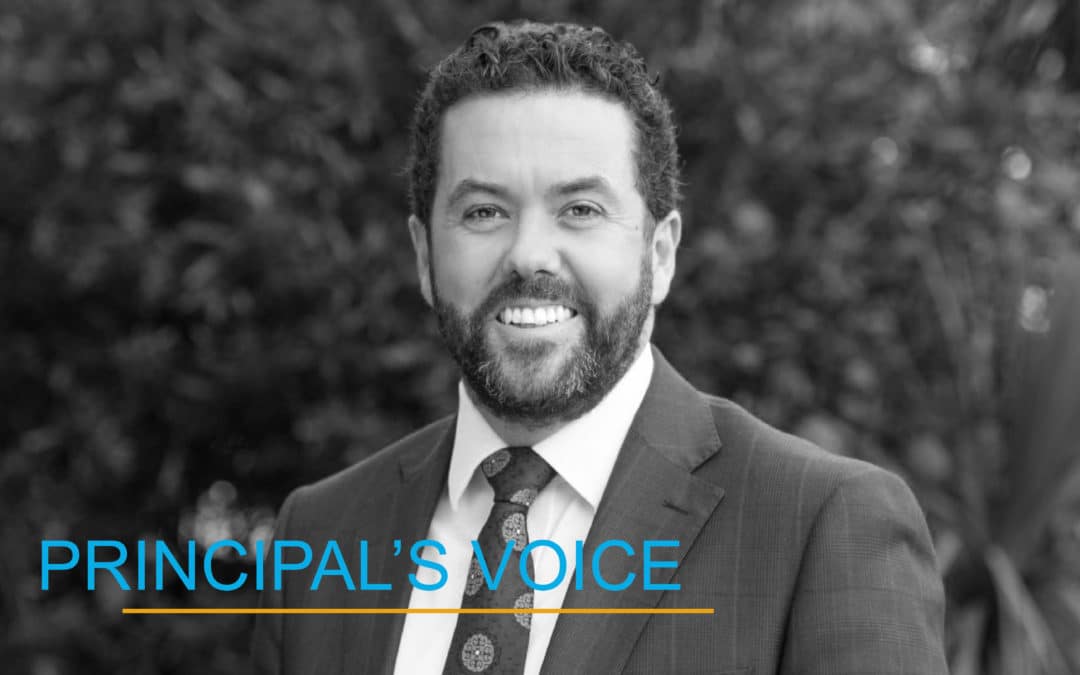“You do not know what tomorrow will bring. What is your life? You are a mist that appears for a little while and then vanishes.” – James 4:14
“The future is called ‘perhaps’, which is the only possible thing to call the future. And the important thing is not to allow that to scare you.” – Tennessee Williams
There is a limit to what we can know. There is a limit to what we can predict. I would never have guessed that toilet paper stockpiling would become a thing. It is, perhaps, symptomatic of the convergence of uncertainty and fear intermingled with a desire to do something, to feel prepared for what might be to come. History tells us that infections and viruses can spread. Science tells us how we might most effectively combat that spread.
There have, in the last couple of weeks, been questions raised about our preparedness for the uncertainty brought about by Covid-19. Our response is to prepare for the worst while working towards the best possible outcomes.
The government advice, through the Department of Health remains the same:
Practising good hand hygiene and sneeze/cough hygiene is the best defence against most viruses:
- wash hands frequently with soap and water, before and after eating, and after going to the toilet
- cover coughs and sneezes, dispose of tissues, and use alcohol-based hand sanitiser
- and if unwell, avoid contact with others (touching, kissing, hugging, and other intimate contact).
The graphic below shows the World Health Organisation preferred method for safe handwashing.
While not all our students will use this method, we are encouraging them to wash their hands thoroughly (about 20 seconds) and well. The most memorable advice I have heard is to imagine that you have just finished chopping chillies and need to replace your contact lenses. Wash your hands like you would then.
We don’t want our students to be scared about the future, rather we want them to be prepared for it. Preparing them for it is our job. We recognise that the future is uncertain. At times, that is a good, joyous and hope-filled thing. At times, it is hard and can seem hopeless. But we remain realists and purveyors of hope.
Should it come to pass that the Australian government makes a decision, like that of its Japanese and Italian counterparts, to close schools for a period, we are comfortable that our online learning environment and other resources will allow us to continue to provide our educational offering to all of our students. It will not have the same richness of the normal day-to-day human interactions that take place in our learning spaces, but it will be valuable nonetheless.
There is a Russian proverb, “Pray to God, but row for the shore”. We are doing both.
Tim Watson
Principal





